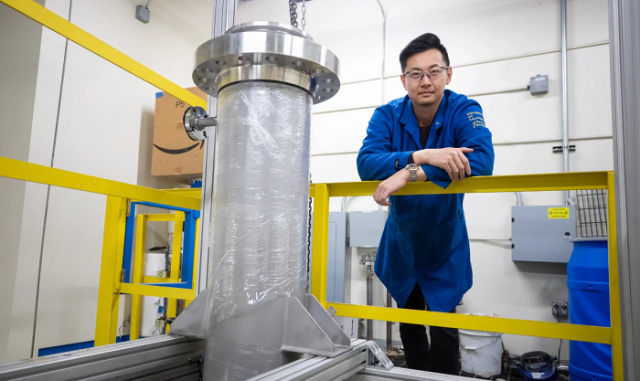
Jet fuel
A team from the University of California has developed a technology for processing lignin, which will increase the production of biofuels from plant raw materials. Before that, lignin was classified as waste – it is a durable substance that creates a "framework" of plants, it is difficult to recycle. They preferred to simply burn it in order to benefit at least from the heat received.
About ten years ago, Charles Kai began work on finding ways to process lignin as part of the overall task of creating an alternative to fossil fuels. In the final form, this should be a complete utilization of biomass with zero waste, so as not to pollute the environment. This will make it possible to abandon the cultivation of special plants – biofuels can be obtained from anything.

Jet fuel
Tetrahydrofuran is used in combination with dilute acids to process lignin. The technology is largely experimental, it is based on the alternative use of technological processes for processing plant raw materials. Now it is necessary to adapt production to the use of materials with a high lignin content, such as wood, instead of traditional corn straw. By default, straw produces the equivalent of 167 liters of gasoline per ton of dry material, with the addition of lignin splitting, the yield increases to 196 liters. However, if you take poplar wood, you can already get 287 liters of fuel. In theory, this technology will reduce the cost of aviation fuel to $3.15 per gallon at the current average price of aircraft biofuels of $9.28 per gallon. In practice, a lot depends on subsidies, permits and other production conditions, which vary markedly in different countries.
Alexander Martynenko
